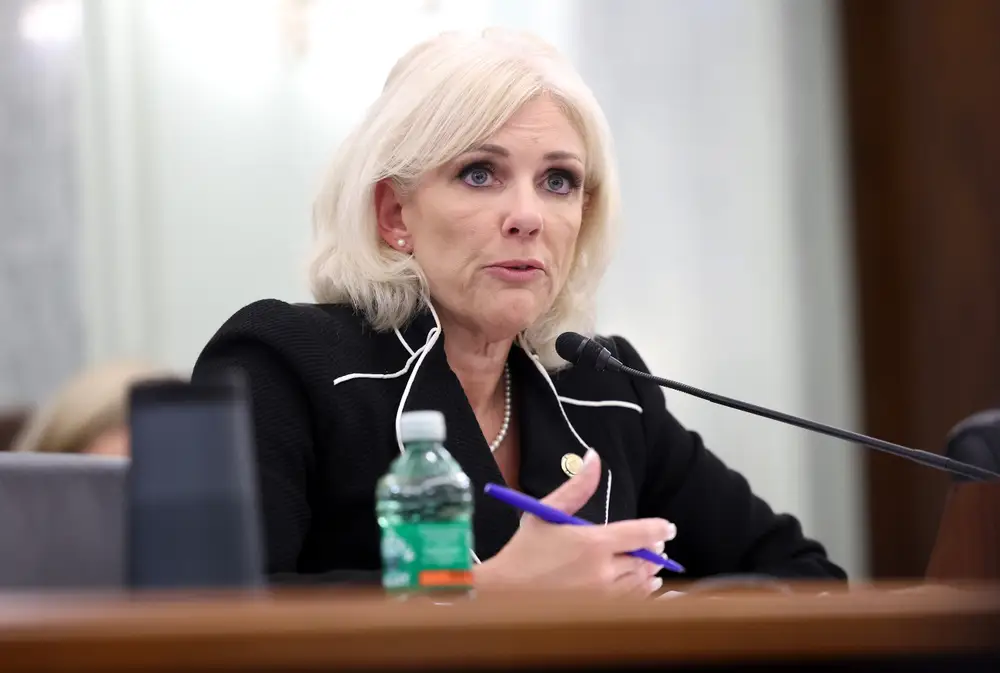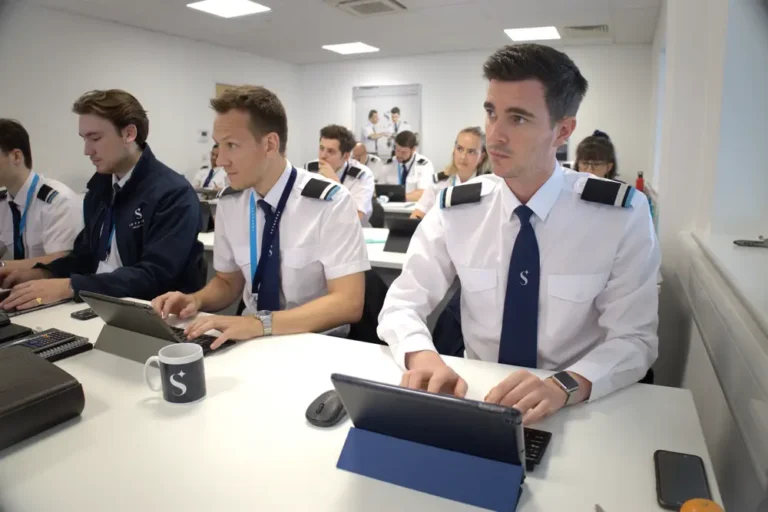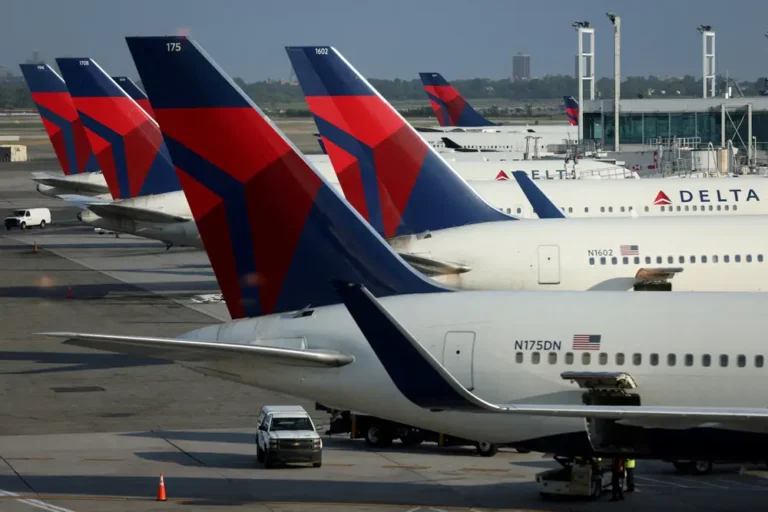The FAA just got told off for not taking Boeing 737 rudder problems more seriously

NTSB chair Jennifer Homendy wrote a critical letter to the head of the FAA.
Safety bosses took aim at aviation regulators over concerns about some Boeing 737 Max jets.
Jennifer Homendy, chair of the National Transportation Safety Board, accused the Federal Aviation Administration of “downplaying the urgency” of potentially defective rudder systems.
She warned that at least 40 airlines outside the US may be operating Boeing 737s with risky rudder parts.
The comments follow the ongoing investigation into a February incident where a United Airlines 737 Max experienced “stuck” rudder pedals during landing.
The NTSB issued urgent safety recommendations to Boeing and the FAA last week. The board expressed concern that the flight manual instructions for pilots to “overpower the jammed or restricted system [using] maximum force” could cause an unintentional loss of control or a runway excursion.
On Monday, Homendy wrote a critical letter to Michael Whitaker, the administrator of the FAA.
She said that the regulator had been incorrectly maintaining that all defective actuators — which would convert pedal pressure into rudder motion — were no longer in service.
“I remain concerned that the FAA, as a whole, did not take this issue more seriously until we issued our urgent safety recommendation report,” Homendy said.
She also said she was “disappointed” that the FAA hadn’t appeared to initiate urgent actions to address the risk since the NTSB’s preliminary report was issued six months ago.
The FAA said in a statement it was taking the NTSB’s recommendations seriously and was moving to provide information to other civil aviation authorities. More simulator testing was also scheduled to take place this month, the agency added.
Homendy’s intervention highlights the magnitude of the issue, given that it’s rare for a federal agency to criticize another in this way. Her letter was also sent to Transportation Secretary Pete Buttigieg.
The FAA previously came under scrutiny following the Boeing 737 Max crashes in 2018 and 2019 that killed a total of 346 people.
The crashes were linked to a flaw in the Maneuvering Characteristics Augmentation System (MCAS) — an automated flight-stabilizing feature.
Boeing was ultimately fined $2.5 billion for misleading the FAA about MCAS, to the extent that the system wasn’t mentioned in the flight manual.
The FAA was also criticized for taking too long to issue a grounding order after the second crash, eventually doing so after an intervention from then-President Donald Trump.
The Max went on to be grounded for a record 20 months.






